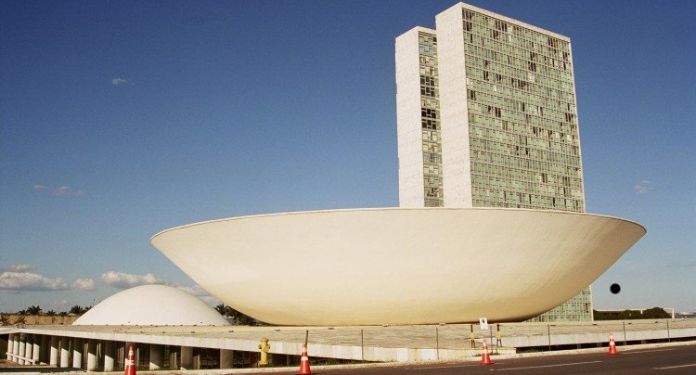The approval of bill 3626/23 represents a significant step in regulating the betting market. According to iProov, a security specialist, this legislation will introduce crucial measures.
These actions will include the implementation of facial biometrics, to strengthen security in the so-called “bets market”.
According to Daniel Molina, vice president of iProov in Latin America, the regulation and inclusion of facial biometrics are positive developments, providing confidence and stability to the online gaming industry.
“The measure is an important step to protect both the interests of these players and the well-being of users of these services, by effectively reducing the potential for carrying out illicit activities such as identity fraud and money laundering”, said Molina.
Reduction of fraud in the betting market
In addition to identity verification through facial recognition, the bill also provides for the suspension of payments on bets, aiming to effectively reduce possible illicit activities, such as identity fraud and money laundering. Such as those subject to investigation for manipulation of results.
Another important front is monitoring customer activities to detect potential damage or abusive use.
The vice president of iProov highlights that criminals can exploit deepfakes to deceive identification systems, especially in online gaming environments.
Where generally synthetic media digital injection attacks are difficult to detect and highly scalable, making them attractive to fraudsters.
Regulation of sports betting in Brazil
President Lula (PT) sanctioned, with vetoes, the law that regulates the sports betting market in Brazil on December 30, 2023.
The sanctioned law taxes companies and bettors. It also establishes rules for the exploitation of betting and defines the distribution of resources collected by the government from the activity.
According to the Executive’s initial calculations, the taxation of virtual games and betting should allocate at least R$10 billion to the public coffers.




















































